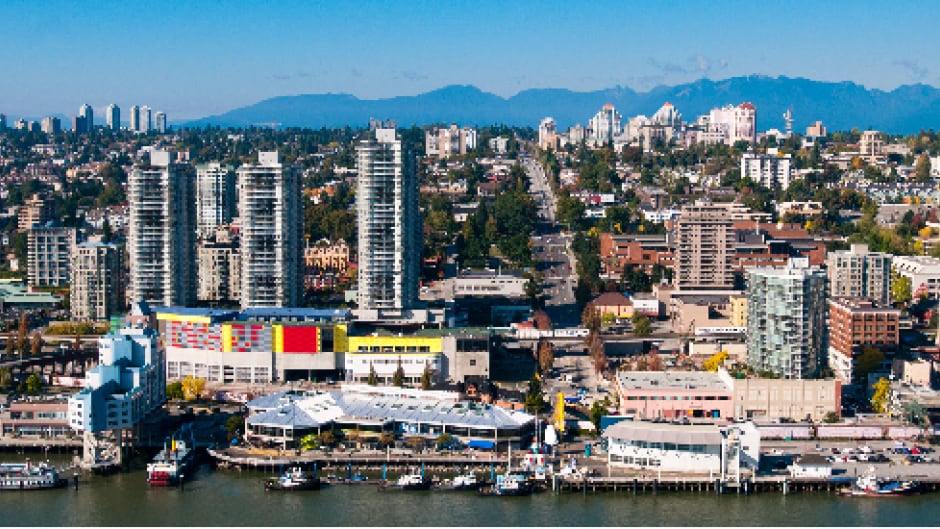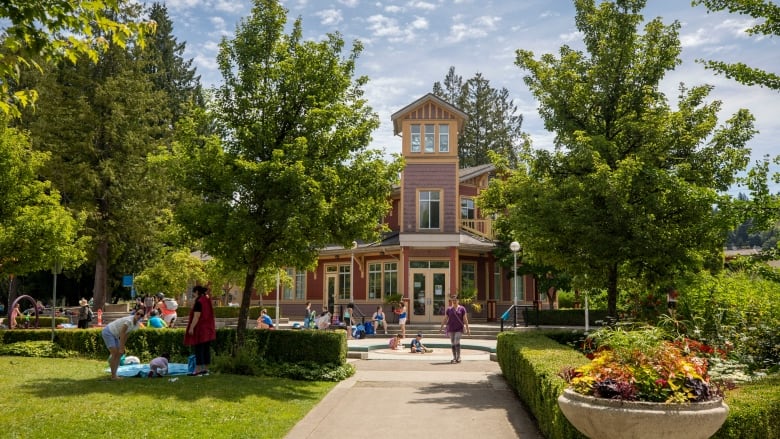 There are 21 municipalities in Metro Vancouver. On some issues, one has all the responsibility. | | |  | | | This week, the City of Vancouver began evacuating another tent encampment, this one along Hastings Street in the heart of the Downtown Eastside. It has involved violent altercations between the police and people in the area.
It is the third consecutive year in which a major tent encampment has been broken up by the city, following Oppenheimer in 2020 and Strathcona in 2021.
In those years, the encampment was cleared out after B.C. Housing was confident there were enough sheltered units available for people to move into.
This year, B.C. Housing has said "we have been clear … that, on short notice, we do not have access to large numbers of new spaces in Vancouver to accommodate the timing of the emergency order."
You might imagine the two governments most directly involved — the City of Vancouver and B.C. government — to be talking openly and boldly about how they are resolving what seems to be a cyclical crisis they have failed to improve.
You would be wrong.
Mayor Kennedy Stewart was silent in the two days following the police altercation. The provincial government declined all requests from CBC News for an interview. So did B.C. Housing — which has declined requests to speak since their board was fired and its CEO announced his unexpected retirement.
Their lack of response is notable. But one would be remiss not to mention why every other municipality in Metro Vancouver is not part of the conversation.
To take just one example, 33 of B.C. Housing’s 57 supportive rental housing sites in Metro Vancouver are either in the Downtown Eastside, or less than a 10-minute walk away. Put another way, more than half of their sites in the Lower Mainland are in a stretch of land where less than two per cent of the region’s population lives. That’s not including housing providers that B.C. Housing contracts, or municipally run services.
And according to Metro Vancouver data, 73.7 per cent of all the region’s bedrooms classified as “emergency shelter and housing for the homeless” are located in Vancouver, despite the city having just 25 per cent of the region’s population.
One could continue. Many have, for many years. And yet, the intense concentration of government resources and housing into a relatively small portion of Metro Vancouver continues, without any tangible improvement in outcomes.
Today’s focus may be what the City of Vancouver is or isn’t doing.
One wonders if it makes sense that the other 20 municipalities in the region are rarely part of the conversation. | | |  | | | 1. New Westminster | | | Meanwhile, there’s an election coming up — and with just two months left until the vote, the announcements are coming fast and furious before the Sept. 9 nomination deadline. In New Westminster, the race for mayor has become significantly more interesting, with longtime councillor and MLA Chuck Puchmayr announcing he would run for the top job — presumably running on a more centrist platform than presumed frontrunner, fellow councillor Patrick Johnstone.
Read more in the New Westminster Record | | |  | | | 2. Port Moody | While in Port Moody, another longtime councillor Meghan Lahti announced her candidacy, setting up a battle with fellow councillor Steve Milani. The two of them have sparred on many development-centred issues over the past four years along with support for current mayor Rob Vagramov, promising a spirited campaign on the municipality’s future.
Read more in the Tri-City News | | | |  | | | 3. Port Coquitlam | Those elections will certainly be competitive. One that may be somewhat less dramatic is in Port Coquitlam, where Brad West announced he’d be running for a second term. With his only opponent on council not seeking another term and nobody running against him, it’s possible he’ll exceed his 2018 mark of 86 per cent of the vote — and it’s worth exploring why. Read more | | | | | |  | | | 4. Langley Township | One person who didn’t announce he was running for mayor this week? Former B.C. Liberal cabinet heavyweight Rich Coleman. That doesn’t mean the rumours and evidence that such a thing might happen in Langley Township aren’t mounting though — with Coleman apparently hoping for a happier ending to his political career than what transpired provincially.
Read more in the Aldergrove Star | | | |  | | | 5. Bowen Island | Folks might remember Metro Vancouver passing a $4 million/year levy in 2019 to purchase parkland across the region and wondering what it was going towards. This week we got our answer: a new waterfront campground on Bowen Island that has been the site of development speculation for many years. Whether Islanders enjoy it as much as the rest of the region remains to be seen. Read more | | | | | | Share this newsletter | | or subscribe if this was
forwarded to you. | | | | That's it for this week! In the meantime, check out the latest headlines at cbc.ca/bc and follow our municipal affairs reporter Justin McElroy on Twitter. And if you have any questions you might want answered in a future mailbag, drop Justin a line at metromatters@cbc.ca. | | | |

